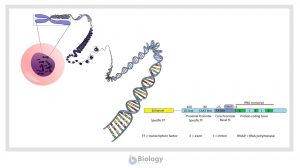Definition
noun, plural: pupillary light reflexes
A reflex marked by the constriction of the pupil in response to the luminance of light that is cast upon the retina
Supplement
In physiology, a reflex is an immediate involuntary response or a reaction to a stimulus. The response is innate and need not to be learned and the body acts accordingly without first thinking about what to do. The human body has several reflexes and one of them is the pupillary light reflex.
The pupillary light reflex is a reflex reaction wherein the pupil constricts in response to the light stimulation of the retina. The pupil is the aperture in the iris. It is where the light enters the eye. When light is cast upon the retina, the diameter of the pupil decreases (constricts) by reflex. This response is an adaptation of the eyes to prevent too much light from getting in. When in darkness, the pupils dilate so as to allow more light in.
The pupillary light reflex is applied in neurologic testing to examine the status of the neurons involved in this reflex. Normal reflex reaction to light will cause both pupils to constrict regardless of which eye is tested. Difference in the light response of the eyes could help identify lesions. An abnormal pupillary reflex may indicate nerve lesion (e.g. optic nerve damage, oculometer nerve damage, or brain stem death)
Abbreviation/Acronym:
- PLR
Synonym(s):
See also:







